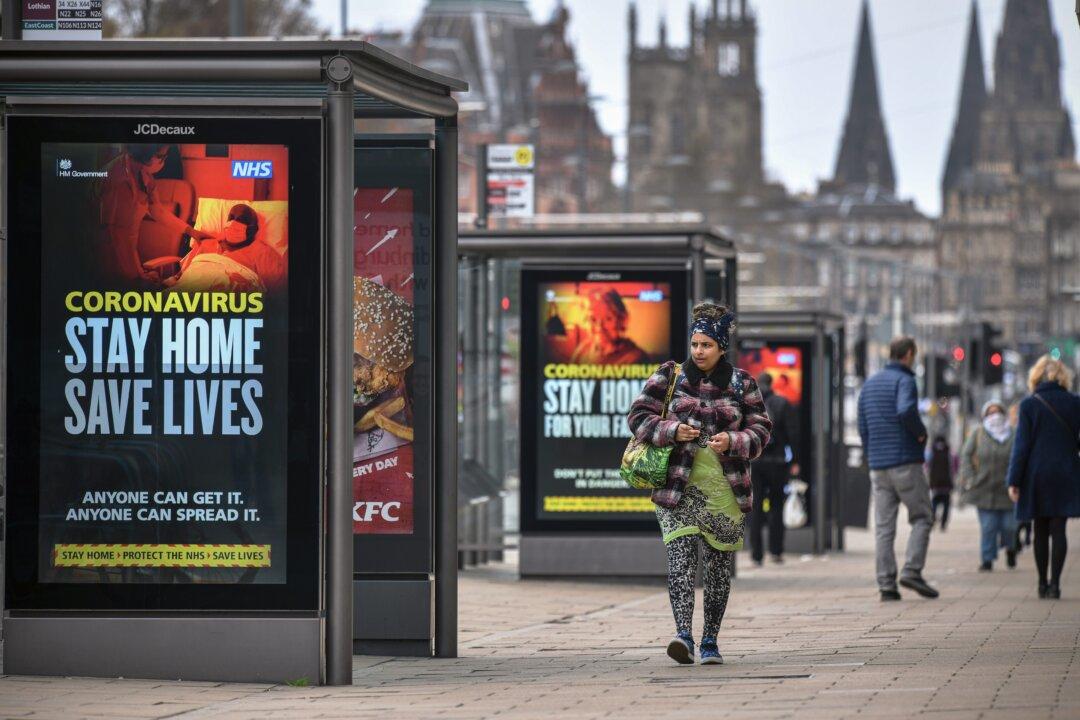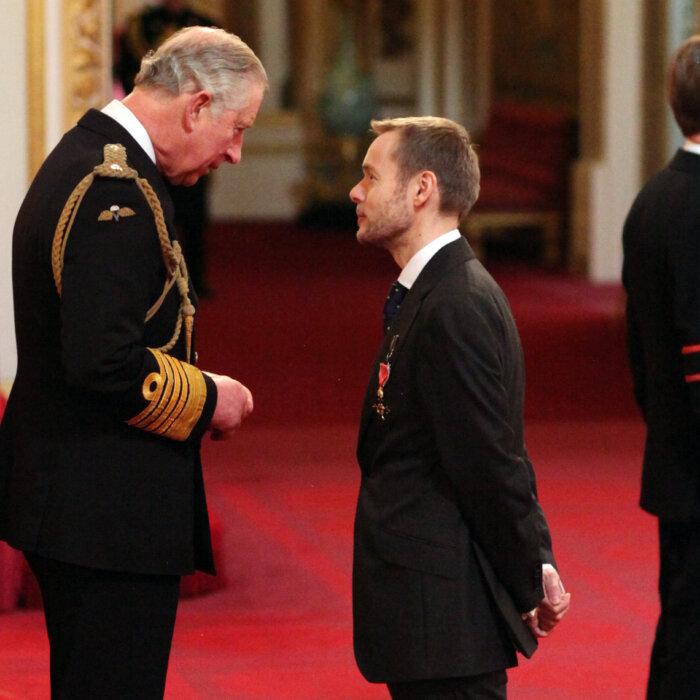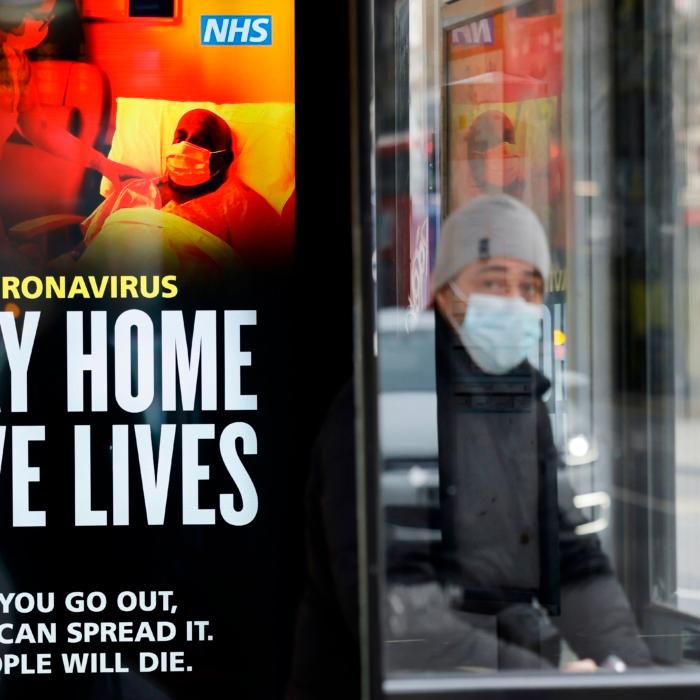A group of 55 prominent academics and scientists have written to the chair of the COVID Inquiry, Baroness Hallett, to express concern that it has a predetermined outcome and is failing to account for the true cost of lockdowns.
Echoing previous letters written by campaign groups and scientists, the group say they are “deeply concerned” that the inquiry is failing in its stated mission “to evaluate the mistakes made during the pandemic, whether Covid measures were appropriate, and to prepare the country for the next pandemic.”
Signatories include academics from Bristol, Durham, Exeter, and York universities as well as Imperial College London and King’s College London, from wide-ranging fields including medicine and global health policy, ethics, law, and statistics.
The letter was published on March 12 as the second stage of the long-running inquiry comes to a close, with its most recent hearing being in Cardiff to hear how the devolved administration of Wales dealt with the virus.
The group writes that the inquiry “gives the impression of being fundamentally biased” towards those left bereaved by COVID-19, partly because it originated out of petitions brought by those who had lost loved ones.
“Yet there has been little opportunity for petitions to be brought by those who have suffered from the negative effects of pandemic policy decisions,” the letter claims, saying this inherent bias is preventing “a more holistic assessment” of impacts on population health and well-being.
The academics fear that this “lack of neutrality appears to have led to biased reasoning and predetermined conclusions, for example, to lockdown faster next time.”
They express concern that certain “key assumptions” are being taken for granted by the inquiry, such as the assumption that non-pharmaceutical interventions—including masking, testing, “social distancing,” restrictions on mixing, and locking down society—were in any way effective, when most of the evidence shows they were not.
This assumption, they say, “downplays the harms to society caused by two years of emergency infection control mandates.”
The letter is also critical of the way expert witnesses have been selected and questioned, claiming the inquiry has given preferential treatment to the advisers from the government’s Scientific Advisory Group for Emergencies, which the group says “have a vested interest in maintaining the justification for their policy recommendations.”
![The authors of the Great Barrington Declaration at the American Institute for Economic Research, (L–R) Martin Kulldorff, Sunetra Gupta, and Jay Bhattacharya, in October 2020. (Taleed Brown/[CC BY 4.0 (ept.ms/2htXG3C)])](/_next/image?url=https%3A%2F%2Fimg.theepochtimes.com%2Fassets%2Fuploads%2F2020%2F12%2F09%2FKulldorff_gupta_bhattacharya-web-1200x716.jpg&w=1200&q=75)
‘Confrontational Towards Lockdown Sceptics’
They add that very few scientists with a lockdown-sceptic position have been asked to testify, and the inquiry has been “confrontational rather than inquisitorial in its questioning of these views,” and accuse the inquiry of failing to “seriously examine the social and economic costs of lockdown.”“The Inquiry has not seriously questioned the hypotheses and assumptions offered to government, especially from government appointed modelers, which were used to justify Covid policies.”
Following the forensic questioning from lawyers about WhatsApp exchanges between ministers, civil servants, and scientists, the letter accuses the inquiry of being “too focused on who did or said what, rather than asking fundamental scientific questions.”
The authors claim the inquiry risks further undermining public trust in government because it is perceived as hugely wasteful and time-consuming, with costs estimated to reach anywhere up to half a billion pounds, making it the largest public inquiry ever undertaken.
The authors conclude that in order to succeed and restore public confidence, the inquiry must “invite a much broader range of scientific experts with more critical viewpoints. It must also review the evidence on diverse topics so that it can be fully informed of relevant science and the economic and social cost of COVID policies to British society.”
The letter comes after it was revealed that nearly 7 in 10 (68 percent) of doctors and scientists think the government did not pay sufficient attention to the long-term damage of the COVID-19 lockdowns.
The survey, conducted by research consultants Censuswide, also found that just 3 percent of respondents thought the government had looked at “all” scientific views during the pandemic. Another 51 percent believed a “majority of them” had been considered, while a third (33 percent) said they believed only a “minority” of expert opinions had been examined.
A spokesman for the inquiry has previously rejected any notion that it has a “predetermined outcome,” saying it is “entirely independent.”
“Lady Hallett, chairman of the inquiry, has said repeatedly that she will not reach any conclusions until she has considered all of the evidence; that includes the written evidence.
“The inquiry does not act on assumptions and has called expert witnesses who question the use of lockdowns and other interventions, as well as experts who advised on the imposition of lockdowns.”







